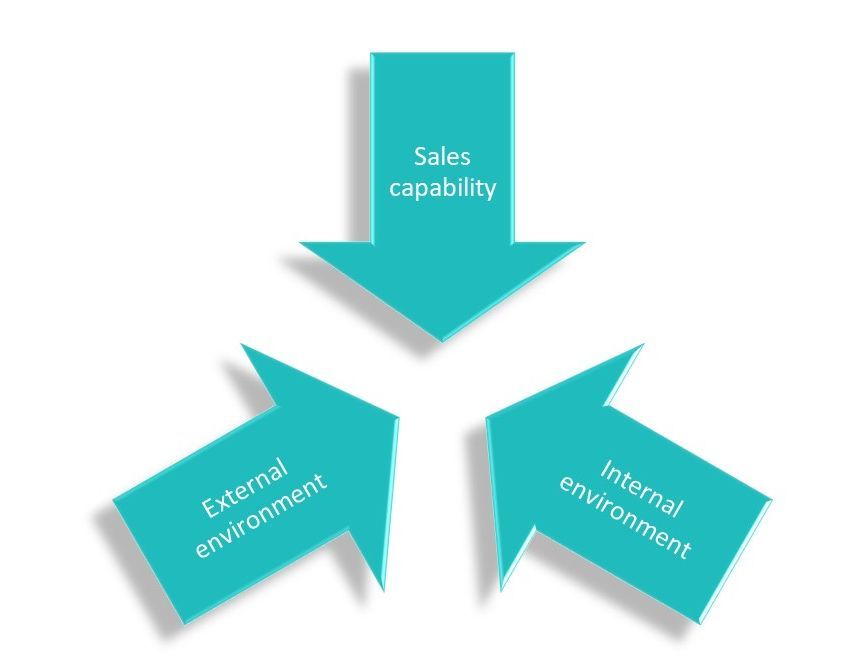Diagnose: Where's the disconnect between sales strategy & performance?
The situation
It’s a familiar situation to many companies. Your market is changing, your proposition needs to too. You’ve set your course, defined your sales strategy, kicked off with your sales team.
Perhaps you’re deploying new technologies and use cases, new revenue models like subscription or annuity, moving into new geographies or facing rapidly changing competitive landscapes.
You’ve set the targets and KPIs. You’ve delivered the product / service / proposition training. You’ve given the sales team plenty of collateral. They know what’s expected of them.
… BUT…
You’re just not seeing the pipeline moving in the right direction. The right sales growth is not happening or not happening fast enough.
The sales team are telling you that the product isn’t ready for market, that it doesn’t fit their account base, that it’s too early or too late, it’s too expensive, they don’t have enough internal resources or the right collateral, the quote systems aren’t configured right, or any one of a number of other reasons they’re not getting traction. But what’s true? Some of this, all of this or none?
The cause
The reality, in our experience, is multi-threaded. It’s rarely down to one specific thing. But that doesn’t mean it’s necessarily difficult to start changing quickly. The first step is to understand where the blocks are. For that we can look across three areas aside.
Presumably, you did some market testing before launching but it’s worth sanity checking the External environment, particularly in a fast-changing market:
- Is your proposition viable, competitive etc?
- Have you positioned it to address real and pressing customer issues?
- What constructive and tangible feedback have you had from your customers?
- Is it easy to buy?
- Have you given it enough time – were your expectations realistic or is the buying journey much longer than you thought?
Now let’s look at the Sales capability. Think of this as a blend of:
Attitude can be cause or effect of a block. A sales person may have all the knowledge and skills but are prevented from acting by a lack of confidence or a fear of stepping outside their comfort zone. In other situationm it may be the lack of knowledge and/or skills that creates a lack of confidence.
Of course, different teams and different individuals will each face their own capability challenges in stepping up to a new way of selling or a new and different proposition.
We also need to consider the Internal environment. Are systems, processes and measures getting in the way?
- Are there operational processes preventing change e.g. the way resources are requested and allocated or the way quotes are produced?
- Are sales measures conflicting with the new behaviours e.g. your new proposition is a long, complex sale yet all focus is on measuring business closed this month.
- Is the rest of the organisation equipped to deliver and support new propositions e.g. do you have sufficient skilled pre-sales, bid management or implementation support? Is marketing generating the right kinds of campaigns?
- Do incentives and commissions prioritise and reward new propositions or ways of working?
- Do the team have the collateral, tools and systems needed?
- Are there cultural factors (often linked to what’s measured) that are pushing back on the changes you’re making? For instance, how salespeople’s time is viewed or the nature of relationships between sales and supporting functions etc.
The good news is that you don’t need everything lined up to start making progress – though the better joined up you are the faster you can move.

Actions
If this is resonating with you, here are some steps you can take:
- Recognise within the business that there is a disconnect. Bring in your key stakeholders to agree that a challenge exists (rather than just 'keeping on keeping on').
- Work through this guide as a checklist to explore the reasons why sales performance is not aligned to your sales strategy – what’s getting in the way? You can also request our 'Strengthen sales' guide for more details
- Bring in some external help to assess and move forward quickly (we’re dab hands at moving things forward from this stage if you don’t have the Knowledge, Skills, Attitude or Time to take it all on).
Once you’ve diagnosed where the blocks are you can confidently build a plan to remove them. Please get in touch if you'd like some fast-track help.

